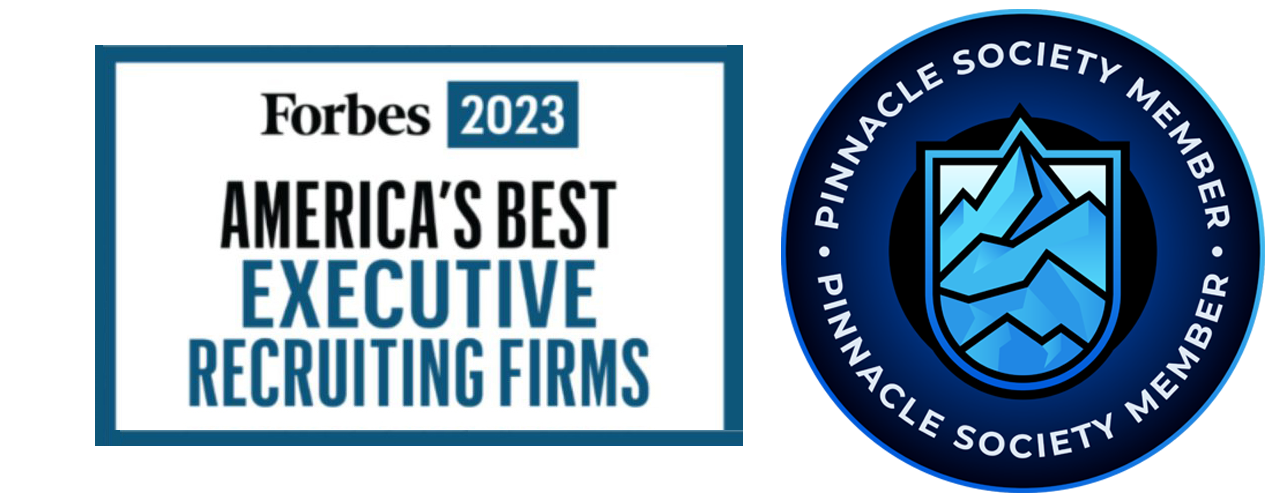Behavioral interviews are a common form of job interview where candidates are asked to provide specific examples of their past experiences or behaviors to demonstrate skills, competencies, and fit for the role. Research indicates that past behavior can often predict future behavior in similar circumstances. To excel in a behavioral interview, it is essential to prepare thoroughly and effectively.
ASAP shares tips for behavioral interview preparation:
1. Review the job description:
Carefully review the job description to identify the key skills, competencies, and experiences that the employer and each interviewer is seeking to confirm. Tailor the examples to highlight in your responses to align with the key requirements of the role.
2. Identify relevant examples:
Make a list of specific examples from your past experiences that demonstrate your capabilities in the key areas of the role and be sure to include problem-solving, teamwork, leadership, communication, and decision-making. Showcase your strengths and achievements.
3. Reflect on your experiences:
Take the time to reflect on your past experiences and identify key learnings, challenges overcome, and successes achieved. Being able to articulate these insights to demonstrate self-awareness and growth.
4. Apply the STAR technique:
Leverage the STAR technique (Situation, Task, Action, Results) to structure concise responses to behavioral questions. When using STAR, begin by describing the Situation in 3-4 sentences or less. Follow your positioning of the Situation by sharing details of the Tasks that you spearheaded. Next, share the Actions taken, completed, and accomplished to drive to resolution. Be sure to describe the Results of your prescribed tasks and actions. To stand out a bit more, end the response with a summary of what you learned during the process. Practice framing your responses using this technique to provide clear and concise answers that highlight your initiative, skills, and experiences.
5. Be specific and detailed:
When offering examples in response to behavioral questions, be specific as you incorporate the STAR technique. Use concrete examples and quantify your achievements when possible.
6. Practice:
Anticipate the types of behavioral scenarios you may encounter during the interview and practice articulating your responses with STAR. Common behavioral questions include, "Tell me about a time when x" or "Give an example of a project where you demonstrated x." Practice includes mock interviews. Consider engaging in a mock interview with a friend, family member, or career coach to simulate a behavioral interview scenario. Receive feedback to refine your storytelling technique.
7. Demonstrate passion and confidence:
On the day of the interview, practice a couple of the key identified scenarios aloud while looking in the mirror to simulate solid eye contact. Use any perceived nervousness to message positive energy and passion. Remember that behavioral interviews provide an opportunity to tell your story and effectively showcase your skill set, leadership, and experiences effectively.
Leveraging these behavioral interview tips, enables you to strengthen your candidacy with concise responses, compelling examples and with demonstration of your qualifications and suitability for the role. Remember to practice, remain focused on relevant experiences, and showcase your strengths with engaging storytelling during the interview.
Desire coaching or guidance during job interviews?
Connect with ASAP Talent Services to remain abreast of career opportunities and become a part of our qualified candidate database: